Travel writer and naturalist Don Pinnock considers nature, activism, mythology and ‘enwording’ in his new book.
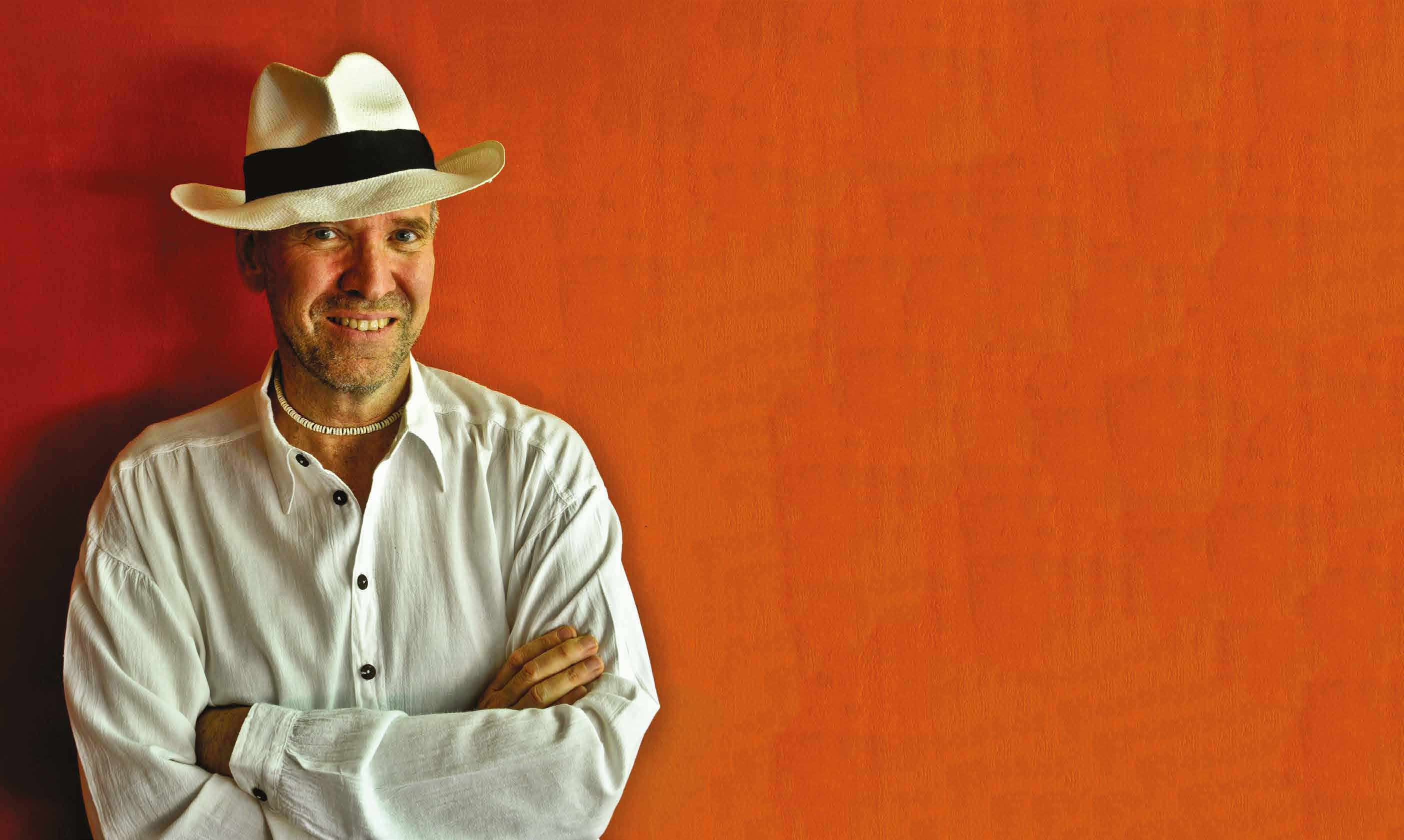
For this book, you’ve written in succinct, distinct essays rather than a long, fictional narrative or using the reams of research needed for a biography. How did the process differ to that used when writing books in those formats?
I love doing what I’ve done here. My favourite length for a piece of writing is 1,000 words, as you have to be sure of every one, which makes it almost a Zen process. I can spend anything up to a couple of weeks on an introductory sentence, but once I have that, I can often write the rest in a couple of hours.
What is the relationship between observations – spotting small things – and research? What makes something you’ve noticed worth following up on?
Once you open up the headspace for that sort of thing, it comes flooding in. To keep up to date, I read a lot online – environmental sites, mostly – as well as trawling through academic papers. I have a lot of friends in those areas, so I make sure I have those conversations and then see what happens. Sometimes, a topic I’ve picked up on spirals out of control, and it becomes investigative journalism. I get challenged on facts, so there’s a need to prepare properly.
This story is from the {{IssueName}} edition of {{MagazineName}}.
Start your 7-day Magzter GOLD free trial to access thousands of curated premium stories, and 9,000+ magazines and newspapers.
Already a subscriber ? Sign In
This story is from the {{IssueName}} edition of {{MagazineName}}.
Start your 7-day Magzter GOLD free trial to access thousands of curated premium stories, and 9,000+ magazines and newspapers.
Already a subscriber? Sign In

Fit For Purpose
Changing legislation offers a range of opportunities in the health sector

Good For Grinches
Finally! A holiday season Scrooge himself can invest in
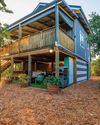
A Paradise In The Wilderness
Visitors find freedom at Treedom on the Garden Route

Do It For The Kids
Parenting styles play an important role in helping children develop through the pandemic and beyond

Trekking With Teens
Travelling with adolescents comes with a unique set of challenges

Know Your Mind
Our brain uses shortcuts to think quickly but, sometimes, these mental timesavers let us down. Dr Pragya Agarwal discusses the science of cognitive biases, and why it’s more important than ever to understand how they hold sway over our views
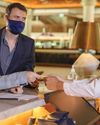
Infected With The Travel Bug Again
As tourism-related establishments up their game to ensure visitor health and safety, it’s possible to feel positive about travelling again
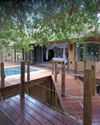
Star attraction
Greater Kruger lodge makes a spectacular first impression
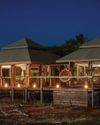
Palala position
The effect of the past on the present is positively felt in a luxury Waterberg lodge

Can the spam!
Irrelevant advertising will almost certainly turn consumers against your product